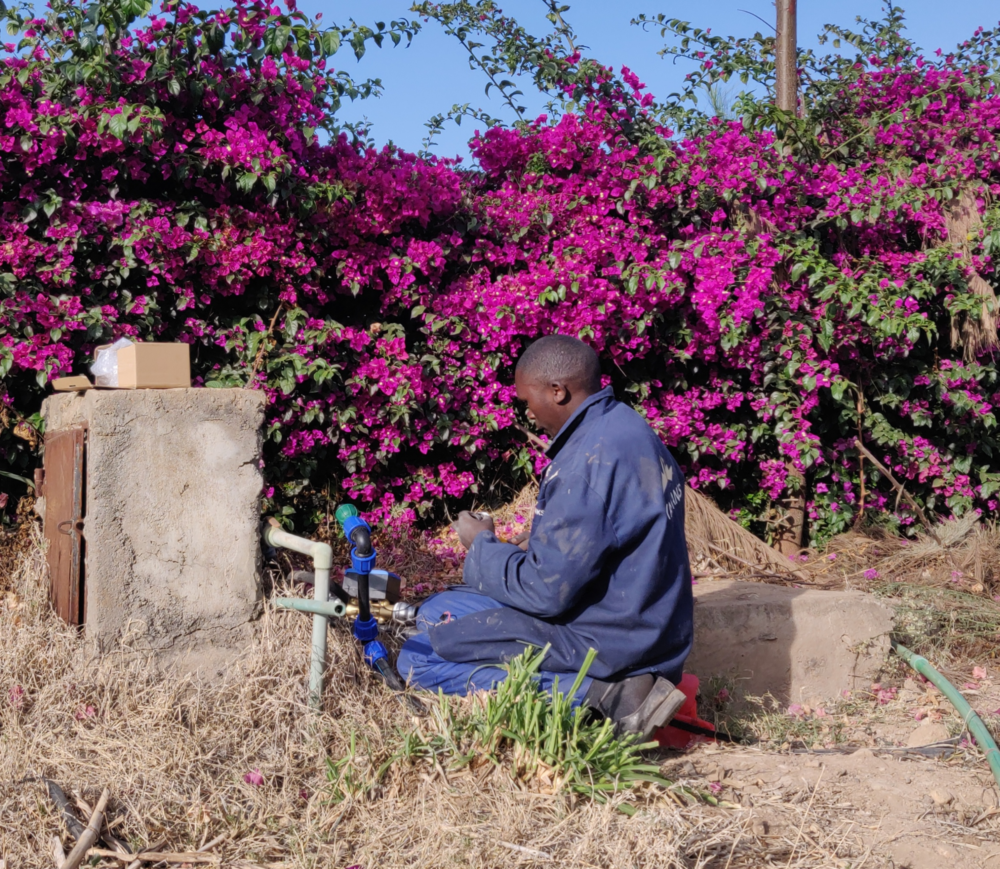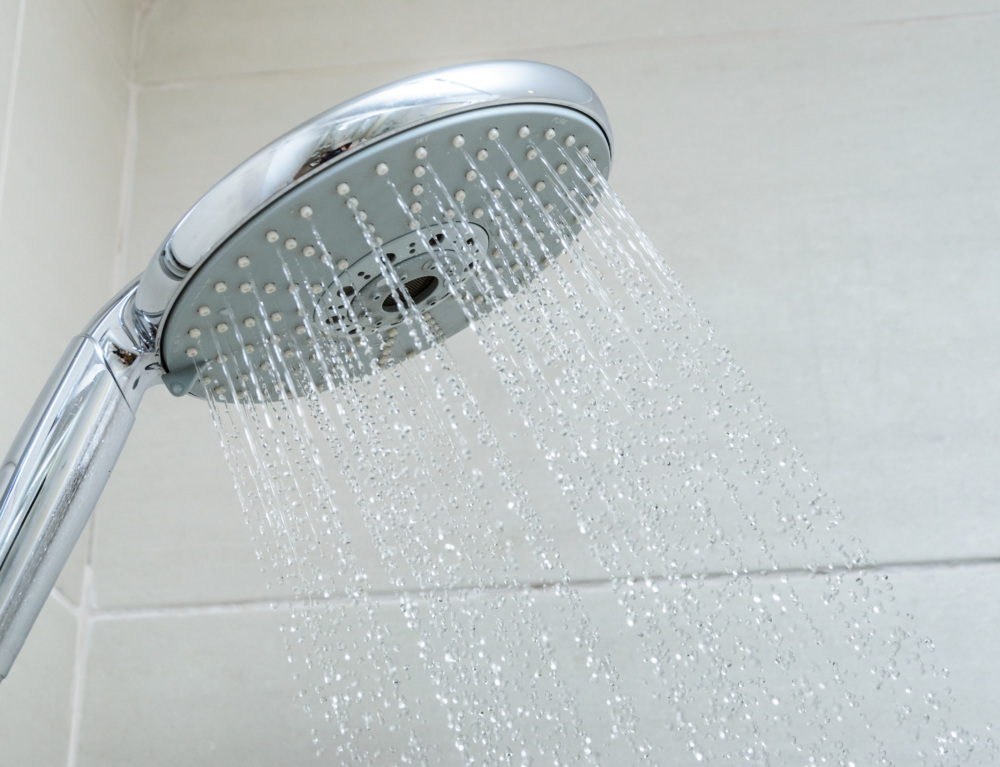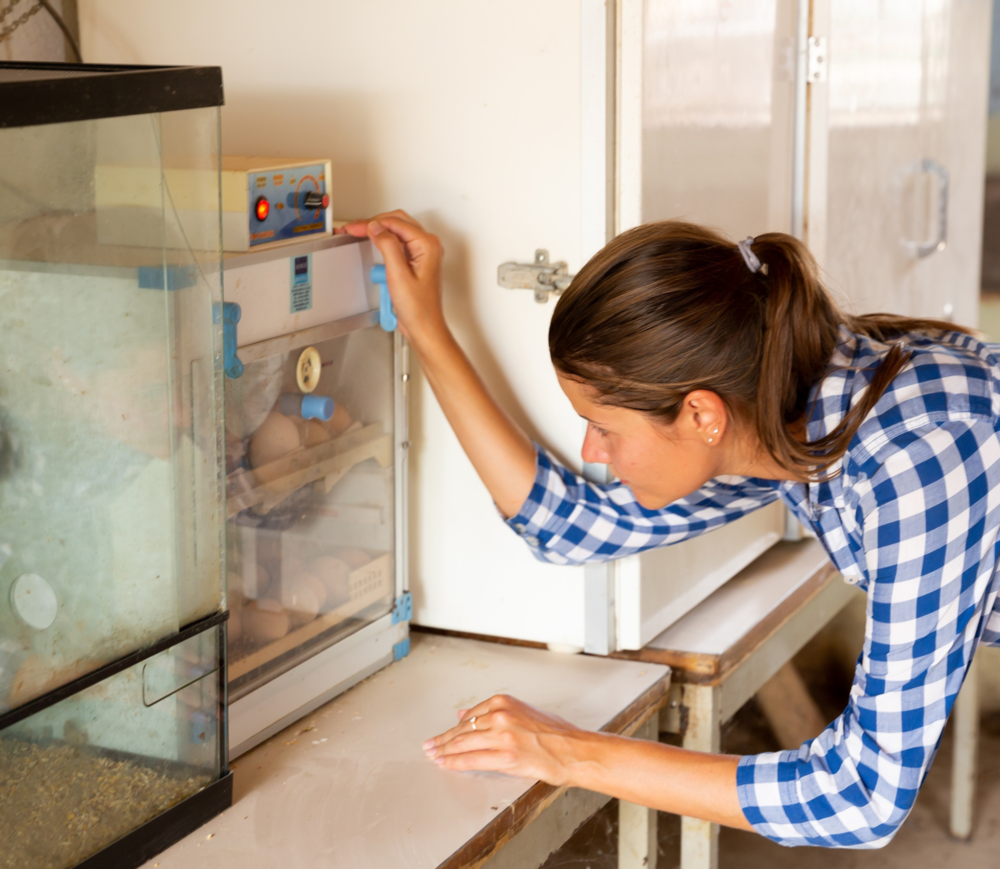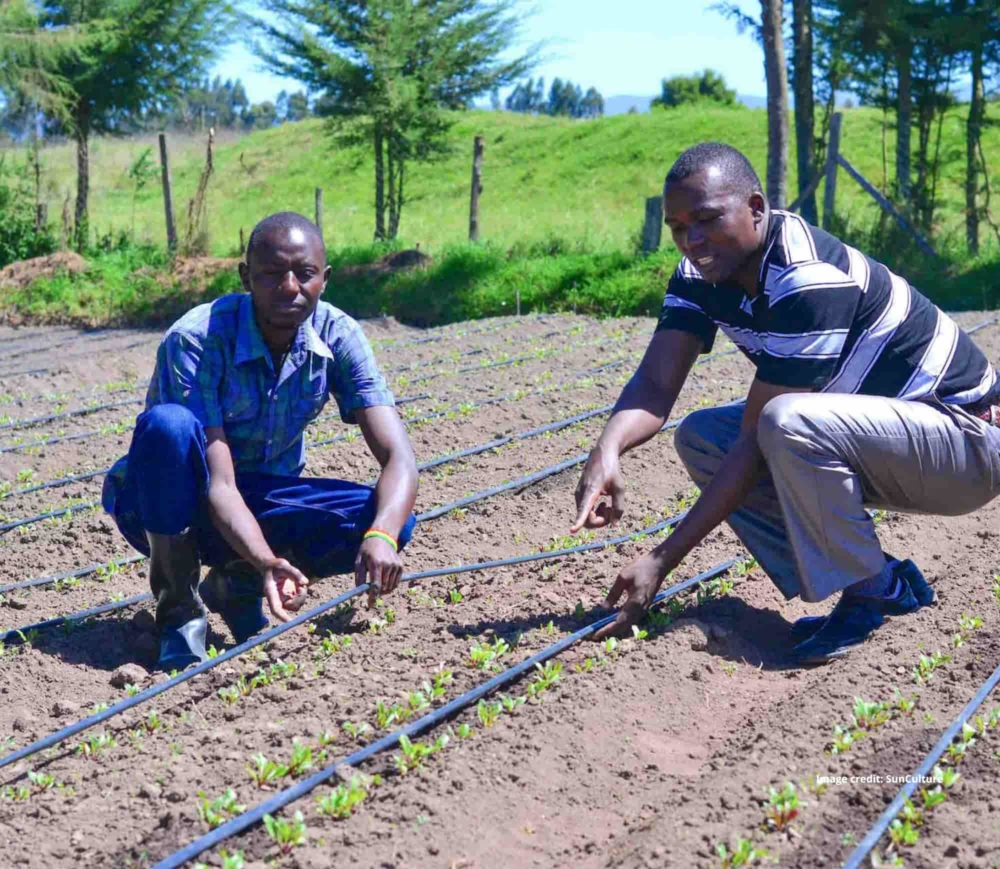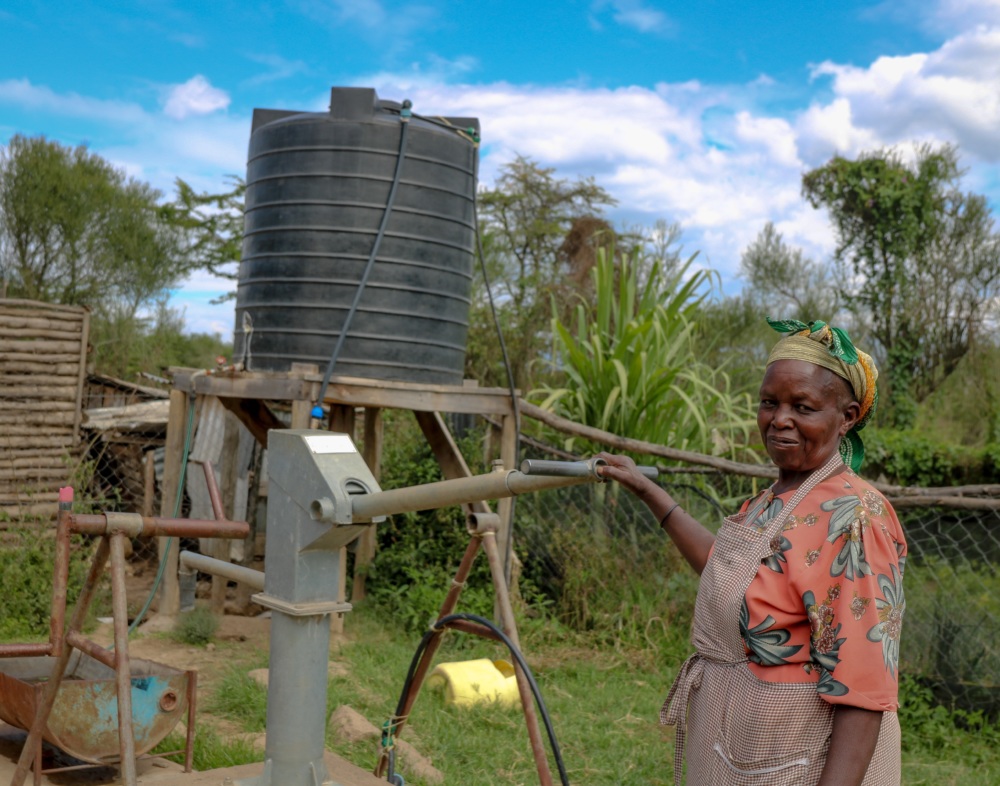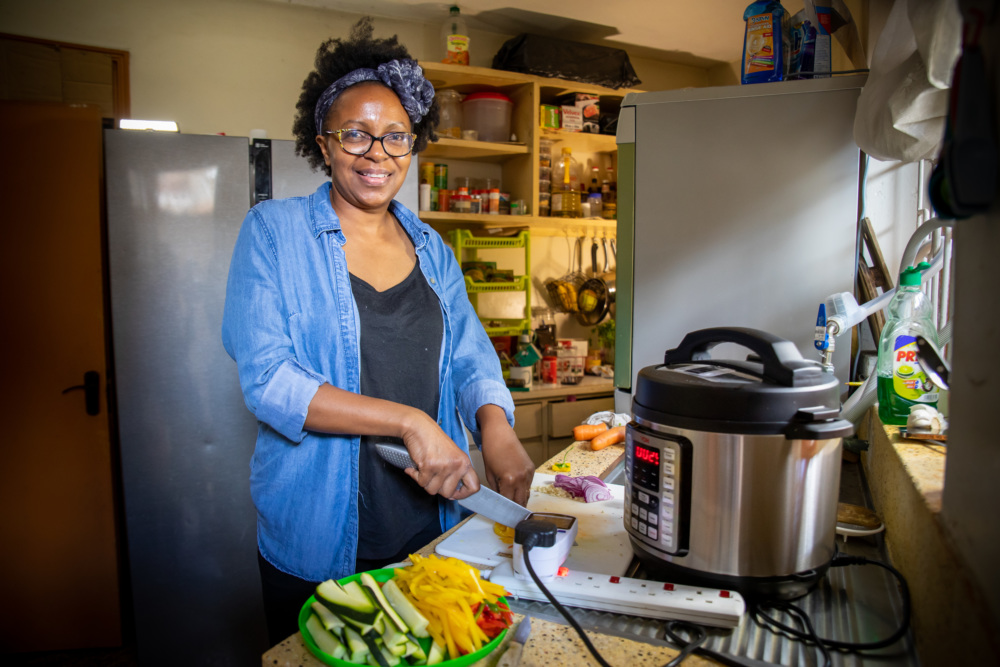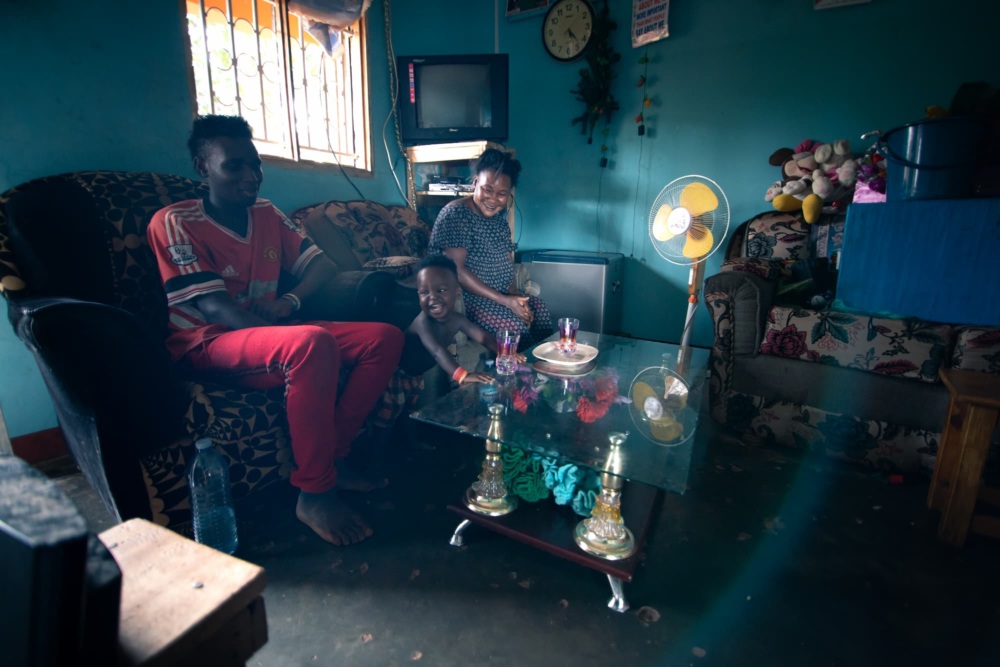Guide to Building Sustainable Testing Capacity in ECOWAS
Summary
This Guide provides instruction on establishing sustainable testing practices for ensuring product compliance with energy efficiency programmes in ECOWAS states.
Download Report
Fill out the form below to activate file downloads
Product testing is an integral part of energy efficiency programmes. Testing helps guarantee the quality and efficacy of products and provides the evidence needed to demonstrate compliance with national or regional policies. Test results are used to check products’ performance claims before they enter the market, and to verify performance claims for suspicious products found on the market during market surveillance checks.
Often, governments consider lack of access to reliable testing laboratories an impediment which can cause delays and threaten energy efficiency programme credibility, especially for nascent programmes. There is also a common belief among many governments that a national government-owned laboratory is critical to conduct product verification testing for policy enforcement. A government-owned test laboratory is also often considered a source of national pride and a deterrent to non-compliance. These governments may not consider other solutions, such as outsourcing testing, as viable alternatives and rather prioritize building an expensive test laboratory. The common assumption that a national laboratory will “pay for itself” is not always the case. Establishing a test laboratory for a regulated product requires a large upfront investment and ongoing funding for its operation. If there is little demand for product testing for market surveillance purposes, the underutilization of a facility may hinder other policy enforcement efforts, as the funds needed for laboratory upkeep and maintenance may be diverted from other activities, such as cost-effective market inspections or communications campaigns.
This Guide provides instruction on establishing sustainable testing practices for ensuring product compliance with energy efficiency programmes. Governments, donors, international organizations and other stakeholders can reference the step- wise guidance and criteria to assess whether building a national test laboratory is a viable solution or whether alternative approaches such as outsourcing testing are more appropriate. The Guide discusses different options for outsourcing testing and demonstrates that building a government-owned test laboratory should be based on a careful financial evaluation. The accompanying Test Laboratory Financial Evaluation tool should be used to assess the financial viability of the planned test laboratory. The tool* is available for download along with the Guide.
The focus of this Guide is on compliance (or verification) testing for market surveillance, as this is typically why countries with nascent policies or that are setting up their energy efficiency programmes often consider a government- owned laboratory most necessary. The Guide can be applied for testing practices for various regulated products.
This Guide includes considerations and targeted recommendations for the Economic Community of West African States (ECOWAS), which has adopted harmonized regional policies for cooling appliances and lighting. ECOWAS member states are at different stages of policy adoption – some have well-established programmes, others nascent programmes or are yet to develop them. These recommendations will help ECOWAS member states to build and access sustainable national and regional testing capacity which will support effective implementation of product efficiency policies, help prevent delays in adopting regional policies, strengthen enforcement, and protect markets from the inefficient and low-quality products.
ECOWAS countries should consider the following solutions before planning construction of a test laboratory:
- Collaborate with all ECOWAS member states to build regional testing capacity. Two regional and accredited testing centers with laboratories for cooling appliances and other regulated products can serve as testing hubs with state-of-the-art technology.
- Use existing testing laboratories. Three room air conditioner and two refrigerator testing laboratories are currently in operation or under-construction in Ghana, Nigeria and Cape Verde.
- Use regional resources to support regional policy implementation such as a regional product registration system (PRS) for managing product registration and sharing market surveillance intelligence and test results. Effective regional collaboration can reduce the number of tests required to verify product compliance with policies in each member state.
For any inquiries about the guide or tool, please contact Lina Kelpsaite at lkelpsaite@clasp.ngo
*This tool requires macros to be enabled. Please select “enable” or “accept” when Excel prompts a warning upon launch.

